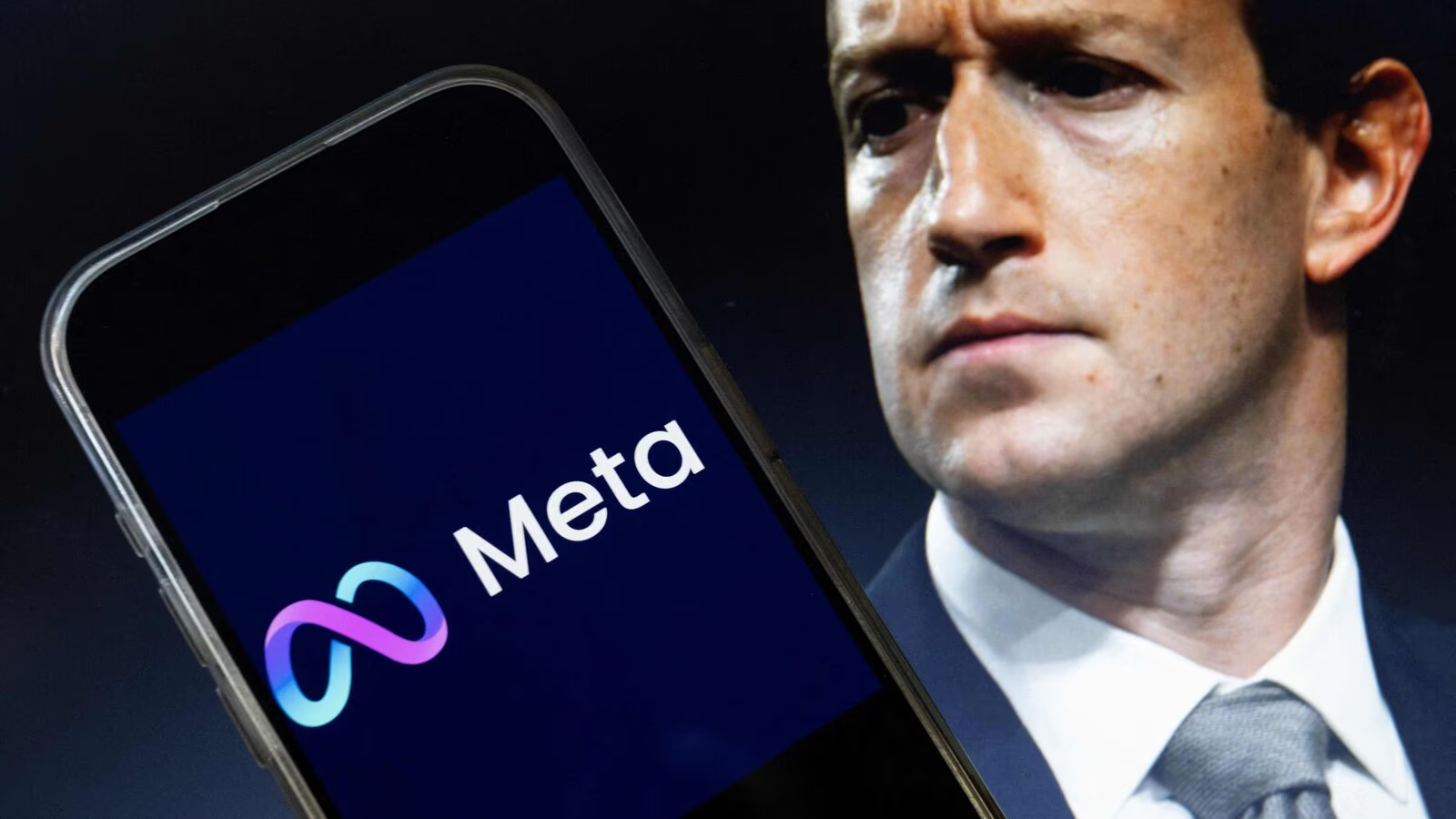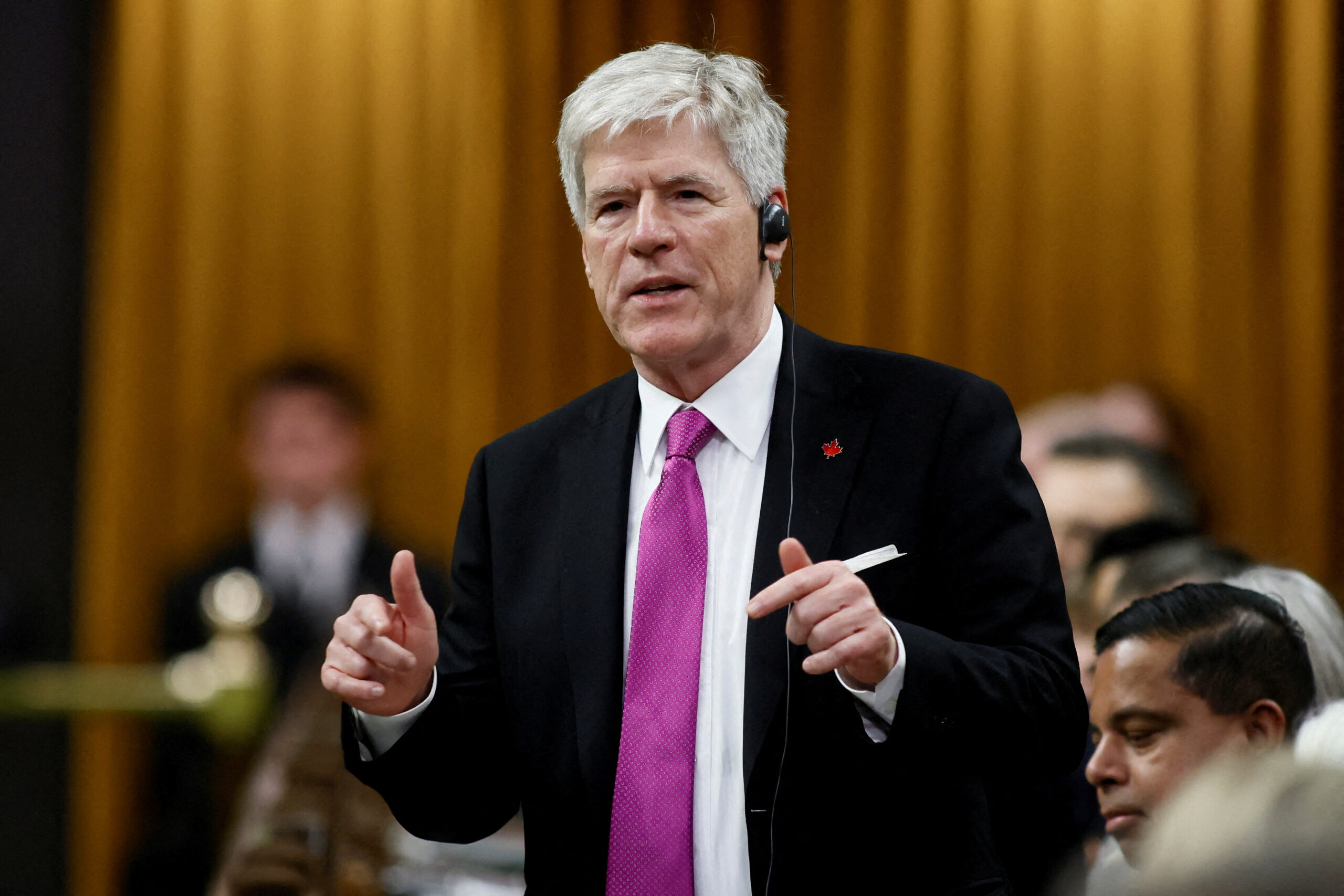Meta Investors, Zuckerberg Reach Settlement on $8 Billion Trial Over Facebook’s Privacy Violations
A lawyer for the shareholders informed a Delaware judge that Mark Zuckerberg and current and former directors and officers of Meta Platforms (META.O) had reached an agreement to settle claims for $8 billion.
The claims were based on the alleged damage the company suffered as a result of the repeated violations of Facebook users’ privacy.
The settlement’s specifics were not disclosed by the parties, and defense attorneys refrained from addressing the judge, Kathaleen McCormick of the Delaware Court of Chancery.
McCormick adjourned the trial as it was about to commence its second day and extended her congratulations to the parties.
Sam Closic, the plaintiffs’ attorney, stated that the agreement was negotiated expeditiously.
A defendant in the trial and a Meta director, billionaire venture capitalist Marc Andreessen was scheduled to testify on July 16.
The shareholders of Meta filed a lawsuit against Zuckerberg, Andreessen, and other former company officials, including former Chief Operating Officer Sheryl Sandberg, with the intention of imposing liability on them for billions of dollars in legal costs and penalties that the company had incurred in recent years.
The Federal Trade Commission imposed a $5 billion sanction on Facebook in 2019 for its failure to adhere to a 2012 agreement with the regulator to safeguard users’ data.
The shareholders desired that the 11 defendants utilize their personal wealth to reimburse the company. The allegations were denied by the defendants, who referred to them as “extreme claims.”
In 2021, Facebook underwent a name change to Meta. The company declined to provide a response and was not named as a defendant.
The company has stated on its website that it has allocated billions of dollars to safeguarding user privacy since 2019.
The defendants’ attorney declined to provide a response.
“This settlement may provide relief to the parties involved, but it is a missed opportunity for public accountability,” stated Jason Kint, the executive director of Digital Content Next, a trade group for content providers.
The trial was scheduled to conclude at the end of the upcoming week. Zuckerberg was anticipated to testify on Monday, while Sandberg was scheduled to testify on Wednesday.
The case was also anticipated to feature testimony from former Facebook board members Peter Thiel, co-founder of Palantir Technologies (PLTR.O), and Reed Hastings, co-founder of Netflix (NFLX.O).
By agreeing to a settlement, Zuckerberg and other defendants circumvent the necessity of answering penetrating questions under oath.
Sandberg was sanctioned for deleting what were likely her most sensitive emails during the litigation, which impeded her ability to present her case in court.
The settlement enables plaintiffs to circumvent a highly challenging legal proceeding. Meta investors alleged that the company’s compliance with the 2012 FTC agreement was completely neglected by both current and former board members.
Additionally, the lawsuit alleged that Zuckerberg and Sandberg knowingly operated Facebook as an illegal data harvesting operation.
The Caremark claims, which are the most challenging to prove under Delaware corporate law, are the oversight allegations.
This was the first time that Caremark claims were tried, and even if the plaintiffs had received a favorable judgment, the case would have been appealed to the Delaware Supreme Court. In recent years, the court has reversed significant shareholder victories.
The case was initiated in response to the disclosure that Cambridge Analytica, a political consulting firm that provided services to Donald Trump’s successful 2016 presidential campaign, had accessed data from millions of Facebook users.
This disclosure resulted in a record-setting fine from the Federal Trade Commission.
On July 16, Jeffrey Zients, a former board member, testified that the company did not consent to the FTC sanction in order to protect Zuckerberg from legal liability, as shareholders had claimed.
The legal team of the defendants also presented court notes that Zients had taken during his tenure on the board.
These notes appeared to indicate that he was advocating for the board to prioritize user privacy, which would undermine the plaintiffs’ claims.
In 2017, Facebook abandoned a plan to issue a new class of stock as a means for Zuckerberg to extend his control over the company while selling his shares.
The decision was made a week before Zuckerberg was expected to testify in the Court of Chancery to defend the stock plan.
The trial settlement marks the second time Zuckerberg has avoided testifying in court.
Kint stated that Facebook has effectively reframed the ‘Cambridge Analytica’ scandal as a story about a handful of bad actors, rather than as a dissection of its entire business model, which is based on surveillance capitalism and the reciprocal, unregulated sharing of personal data. “That reckoning is now left unresolved.”
news via inbox
Get the latest updates delivered straight to your inbox. Subscribe now!




